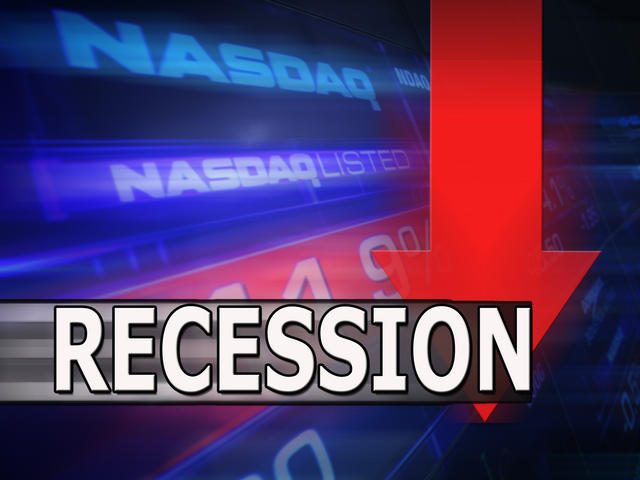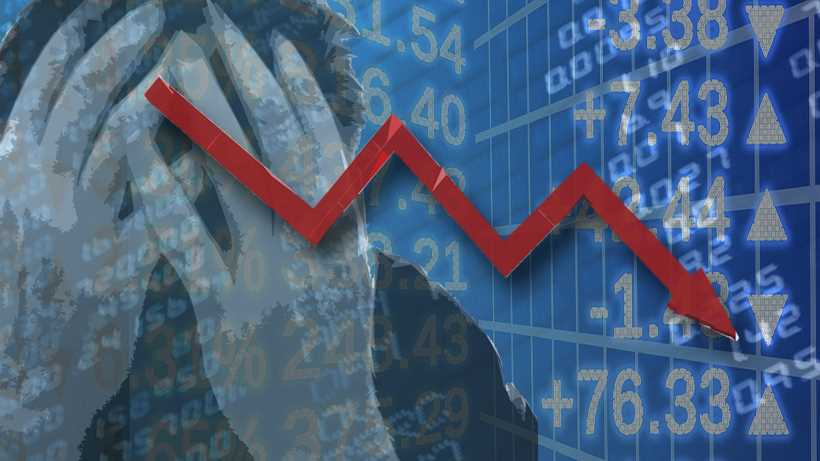A worldwide recession can affect economies and financial markets which is making it extremely difficult for investors to safeguard their assets. The call of the hour is to be proactive with the steps that could act as a remedy to mitigate losses and even discover opportunities. This article offers actionable steps that investors can take to prepare for an economic downturn.
Understanding Global Recession
A global recession is basically a point where the growth in the economy begins to slow down globally. This translates to a negative impact on trade, employment, and financial markets. Normally, it is characterized by a decline in Gross Domestic Product (GDP) for more than two quarters, extensive job losses, and declines in stock markets. As per International Monetary Fund (IMF), a global recession is defined by a contraction in per annum per capita real world GDP coupled with a widespread decline in several economic indicators.

Diversification of Investment Portfolio: Diversification of the investment portfolio is one of the best tools for building up for recession. A diversified portfolio reduces the risk level through spreading investment among different classes of assets including real estate, bonds, stocks and commodities. It diminishes the damage that a downturn in one part of the economy might have. Standard deviation calculates the level of volatility or risk attached to an investment. A portfolio diversified on at least three asset classes should have a lesser standard deviation than the portfolio skewed on one asset class. Diversification reduces risk by as high as 30% among asset portfolios during volatile periods, as studies by Morningstar indicate.
Invest in Defensive Stocks: Defensive stocks are companies that manufacture everyday goods or services. They usually think of utilities, healthcare and consumables. These types of companies enjoy stable revenue and profits even in the worst economic downturns. Defensive stocks can protect your portfolio against significant losses during a recession. For example, consumer staples companies like Procter & Gamble and Johnson & Johnson are highly resistant to economic downturns. In 2008, when the financial crisis affected the American economy, the consumer staples sector dipped by just 15%, while the more generalized S&P 500 plummeted below 38%. This can be considered an example where defensive stocks can be compared to a shock absorber that does not allow the stock price to decline sharply.
Increase Cash Reserve: Cash reserve is important when facing a global recession. During financial turmoil, cash serves as a safe haven, and one has the liquidity to meet unusual expenses or grab investment opportunities at cheaper asset prices. It is always advisable for the investor to maintain some cash or cash equivalents of around 5% to 10% of the portfolio. However, it would be advisable during the recession period to keep a larger cash reserve between 15% and up. It then leaves you with a good cushion should there be a drastic plummet in prices because of the recession. In addition, this helps you have higher liquidity that enables you to buy undervalued assets.
Invest in Bonds: They include government bonds, are usually riskier investments for those that are experiencing recession. They provide fixed incomes along with relatively lower volatility as compared to equities. In an economic slowdown, U.S. Treasury bonds are preferred since such bonds are relatively less risky. Risk aversion increases by the increase in the yield spread between government bonds and corporate bonds during recessions. For example, the ten years treasury bond of U.S dropped to historic low during the 2020 COVID-19 recession, while the spread between Treasuries and corporate bonds increased dramatically. This also signals safer assets and something that investors should account for in adjusting the portfolios.
Decrease High-Risk Investments: Most of the decline in value happens for such assets as small-cap stocks, cryptocurrencies, and especially leveraged ETFs. You would be sensible to lessen your exposure to those high-risk assets and consequently allocate more resources on safer investments. In general, speculative and risk investments are always victims of recessions. There is nothing about phasing out high-risk investments. It means that you are just limiting your exposure to the overall value of your portfolio. You can divert part of some funds from high-risk assets to defensive stocks or bonds.

Dollar-Cost Averaging (DCA): DCA is an investment strategy where you purchase a number of shares at different intervals with a fixed amount of money, notwithstanding the conditions of the market. This strategy cushions the impacts of volatile markets, whereby one buys more shares when the price is small and fewer when the prices are high. Ultimately, this decreases your average cost of any investment and averages out the changes in the market. Studies have shown that DCA reduces some of the negative consequences of market downturns and produces better results over the long term. And in the 2008-2009 crisis, dollar-cost averaged investors experienced less dramatic losses than investors who placed their lump sums at the peaks of markets.
Pay Off Debt: Debt is one of the biggest burdens at the time of a recession, especially when you lose your income. Pay off high-interest debt such as credit cards or personal loans beforehand during the recession. This way, your purse is relieved from the pressure, and free cash flow is freed for other required expenditures or even investment alternatives. One way of determining the health of a debt is by checking the debt-to-income ratio. Normally, a DTI of less than 30% will be within the healthy range. A reduced DTI not only goes towards improving financial stability but also assists in securing better loan terms if that's required at one point in time. Reducing debt ensures that you are better placed to handle economic challenges.
Implications and Future Outlook
To plan for a global recession, it demands an active investment and financial management approach. This can be achieved by investing in a diversified way, saving cash, and investing in safer instruments like bonds or defensive stocks to decrease one's vulnerability to the fall in the market. Dollar-cost averaging and paying off debt further empower the money building strength and thus one is even more confident of negotiating economic uncertainty.
Their aim is no longer to survive the recession but to come out of it better off financially. What these strategies entail is actually to prepare yourself for position so that by the time the market recovers, you are well placed to uncover valuable opportunities.






